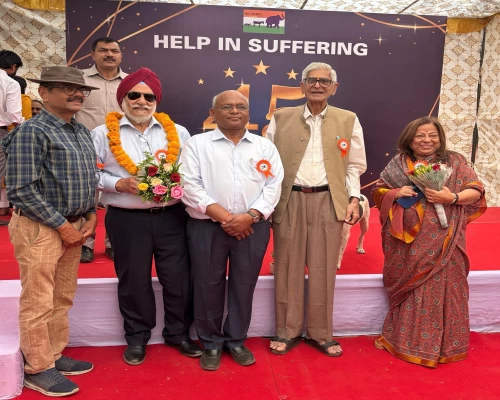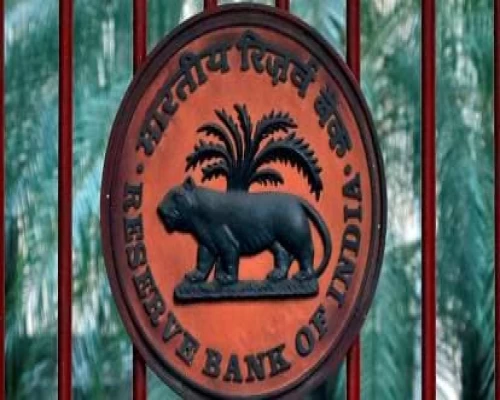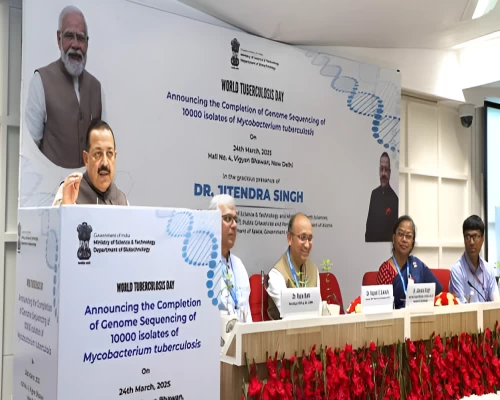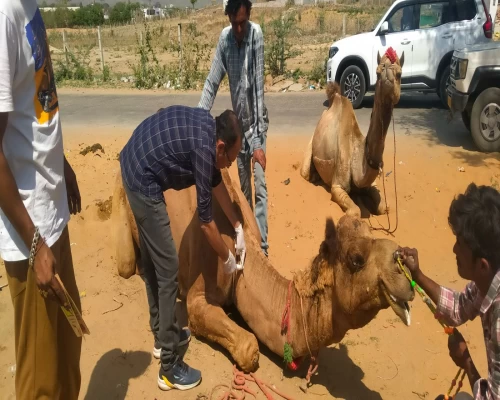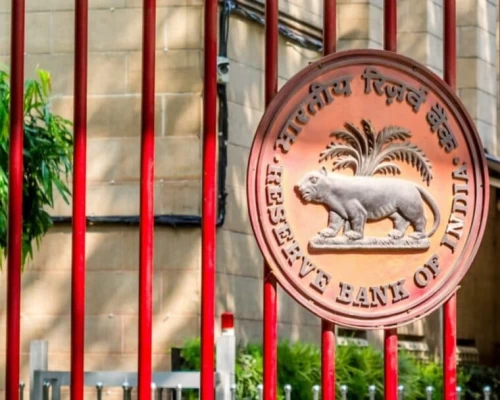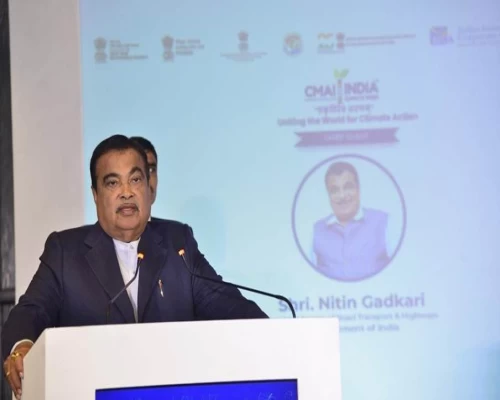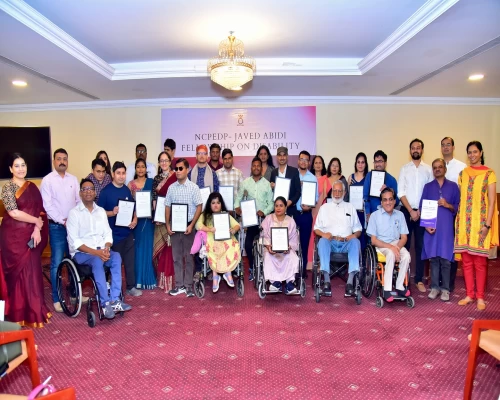_2100_x_1470.webp)
New Delhi: The WWF’s 2024 Living Planet Report has recognized India’s food practices as a model of sustainability, offering a potential solution to global challenges in food production and environmental impact. According to the report, if the world were to adopt India’s food consumption habits, it would require only 0.84 of an Earth by 2050 to sustain global food production, positioning India as a leader in sustainable practices.
India's traditional diet, which is predominantly plant-based, is highlighted as an environmentally responsible approach to food. Relying on grains, pulses, lentils, and vegetables, the Indian diet uses fewer natural resources and emits significantly lower levels of greenhouse gases compared to more resource-intensive, animal-based diets. The report emphasises that global adoption of India's consumption patterns could reduce the strain on the planet's resources, a necessary shift to achieve sustainable food systems.
The report further highlights India’s initiatives to promote resilient and sustainable crops, particularly millets. Millets have been a central part of Indian agricultural traditions, and their re-emergence through the National Millet Campaign showcases how culturally rooted crops can contribute to sustainable food production. Millets, now classified as Nutri-Cereals by the Indian government, have been given a new significance, especially with their promotion on the global stage. In March 2021, the United Nations declared 2023 as the International Year of Millets, marking a significant step in India’s efforts to elevate millet production and consumption.
To support these efforts, India has rolled out various initiatives, including the establishment of the Indian Institute of Millets Research (IIMR) in Hyderabad, which serves as a global Centre of Excellence. Through events like the G20 initiatives and the International Millet Festivals, India has actively promoted the global reach of these nutritious grains. The Ministry of Food Processing Industries has also introduced a ₹800 crore scheme to boost millet-based products, while millet integration into national nutrition programmes, like the Poshan Abhiyan, further strengthens its presence in Indian diets.
Alongside promoting traditional food systems, India is also actively working on climate-resilient agriculture. Over recent years, 109 high-yielding, climate-resilient crop varieties have been introduced, reflecting a broader commitment to sustainable farming. Programs like the National Mission for Sustainable Agriculture (NMSA), organic farming initiatives, and the rejuvenation of the Ganga through sustainable agriculture practices are just a few examples of how the country is aligning food production with environmental preservation.
The WWF report also underscores the global food system's significant impact on biodiversity, habitat loss, and greenhouse gas emissions. It calls for transformative changes, urging nations to embrace nature-positive food production methods. India’s sustainable food practices, which blend cultural traditions with modern sustainability efforts, offer a blueprint for other countries looking to reduce the environmental impact of their food systems while improving nutritional outcomes.
As India continues to champion the integration of traditional, environmentally-friendly diets into modern life, it sets an example for how nations can balance human health and planetary well-being. The recognition from the WWF reflects the potential of India’s approach to inspire global shifts towards more sustainable food consumption and production patterns.
BI Bureau




